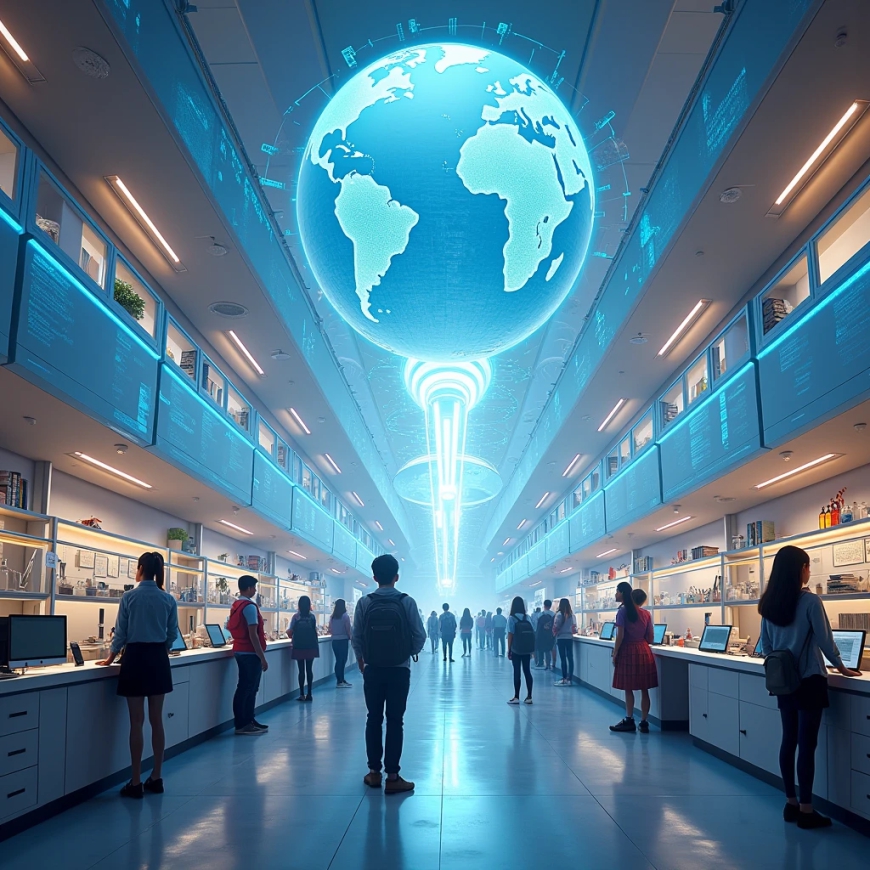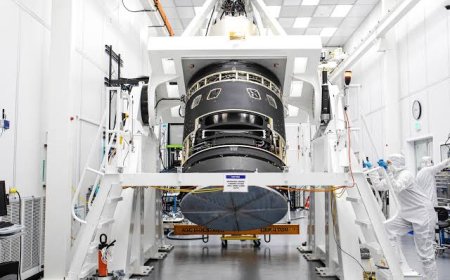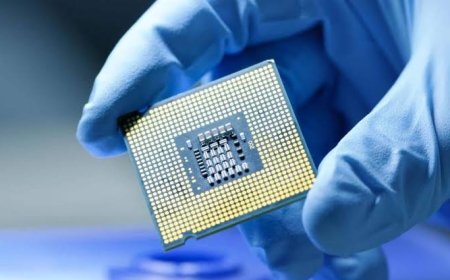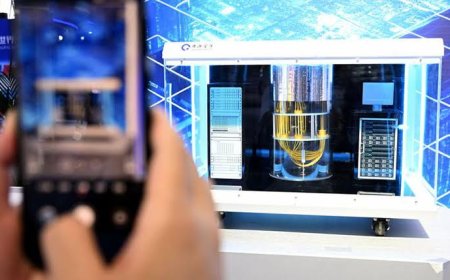A science and technology-based education system that wants to be involved in the Fourth Industrial Revolution and the changing world order!
Currently, in our general view, only those colleges from which the largest number of students get a chance to study in the best Dhaka University, BUET, KUET, RUET Medical and other public universities in the country are considered as dedicated or world-class colleges. Which in reality can be nothing more than a faulty thinking and mentality. Although it is possible to develop a science and technology-based education system on the model of the developed world in a few educational institutions like Notre Dame College, which is famous in our country, we have not been able to spread it throughout the country.

In fact, we all should understand that in addition to good quality academic education, a college that makes every effort to develop students capable of inventing new technologies, researching and applying innovative ideas, even if only on a limited scale, is actually a dedicated and world-class educational institution. Where, in addition to sustainable academic education, a positive technology, science-minded and hardworking generation is developed that is suitable for helping the country and nation in science and technological development, not just for show or work. Where students can develop as global citizens on their own merit.
It is worth mentioning here that, in keeping pace with and following the developed Western world, countries like China, South Korea and Singapore developed a science and technology-friendly education system in a planned manner in the sixties and seventies. But after the Second World War, they developed a realistic education system based on science and technology in a very planned manner, completely empty-handed and in a hostile environment. By utilizing which, today these Eastern countries have actually achieved great success in economic and technological development. In that respect, we are still lagging behind, disappointingly.
However, even though it has been a long time, an incredible new opportunity has been created to use our new generation to face the challenges of the 21st century and move forward. Which we must utilize. So now, not only in the West but also in the East, like China, South Korea, Vietnam and Singapore, we can partially follow the education system and gradually implement a science and technology-based education system in our country's educational institutions at all levels of the country in the light of our own thinking and socio-economic environment.
Many of us think that the application of new technologies, research, and innovative ideas in educational institutions starts only from the country's higher educational institutions. In fact, this is not the case at all. From the very primary education level of our country, the idea of science and technological development must be applied in the minds of students according to their age and ability. If it is not possible to develop students with a strong interest in new technologies, research, and innovative ideas or to make them scientifically minded at the primary, secondary, and higher secondary education levels of the country, then later the country and the nation will have no chance of expecting them to create something new or have good skills in scientific and technological development.
In fact, in line with the fourth industrial revolution, an incredible rise in high-tech robotics engineering and artificial intelligence (AI) technology has begun all over the world in recent times. Countries like China, Germany, South Korea, Japan, America, and India have increased their industrial production capacity several times or are walking on that path even though they are currently employing relatively few workers. And its adverse effects are now starting to be directly reflected in the employment of workers in industrial institutions. Along with that, the demand for unskilled expatriate workers around the world in the near future may inevitably decrease significantly. Especially in the Middle East and around the world, many simple and complex tasks will be completed very quickly and accurately by robots and software systems rich in artificial intelligence technology, instead of having to be done by humans or reducing the number of workers.
However, in line with technological developments and revolutions around the world, a new door has been or is about to be opened for highly skilled and qualified students or workers in the manufacturing and service sectors. And keeping in mind the global and domestic demand for technicians and skilled workers after 2030, the country's educational institutions should systematically formulate a more modern, technology-based and 21st century-friendly education system and implement it in phases across the country.

















































